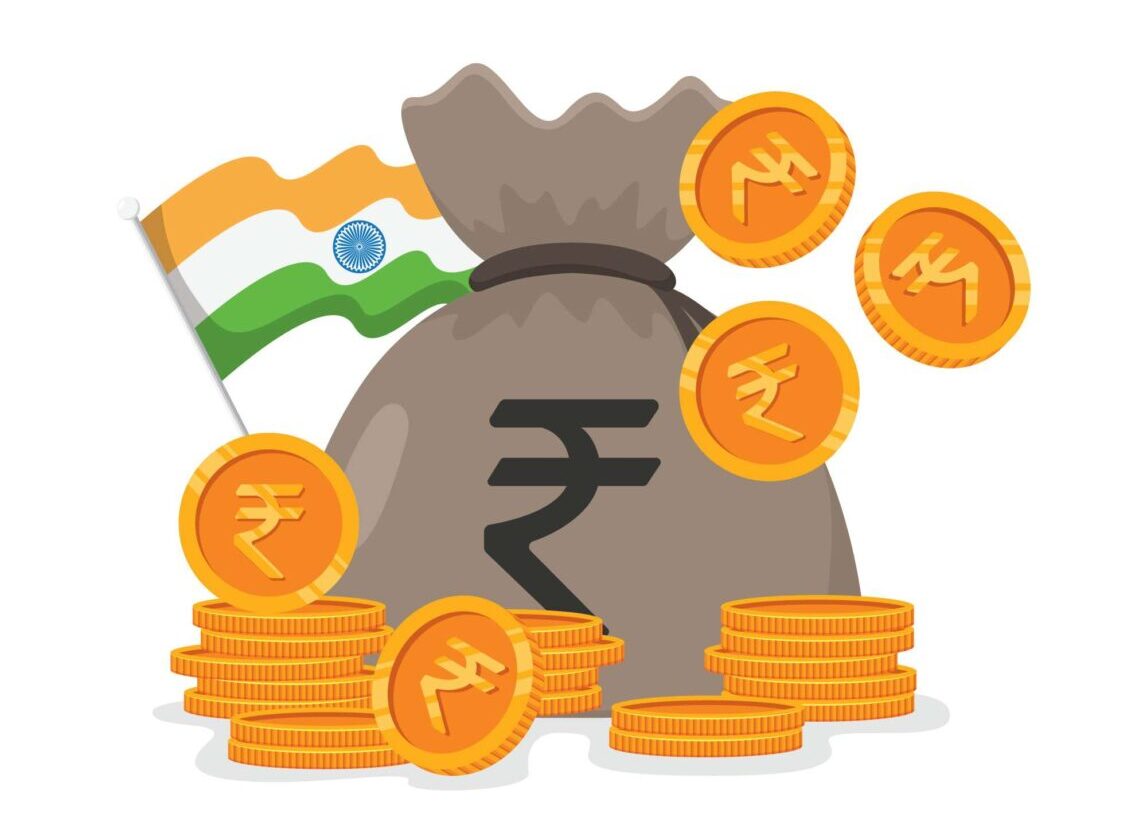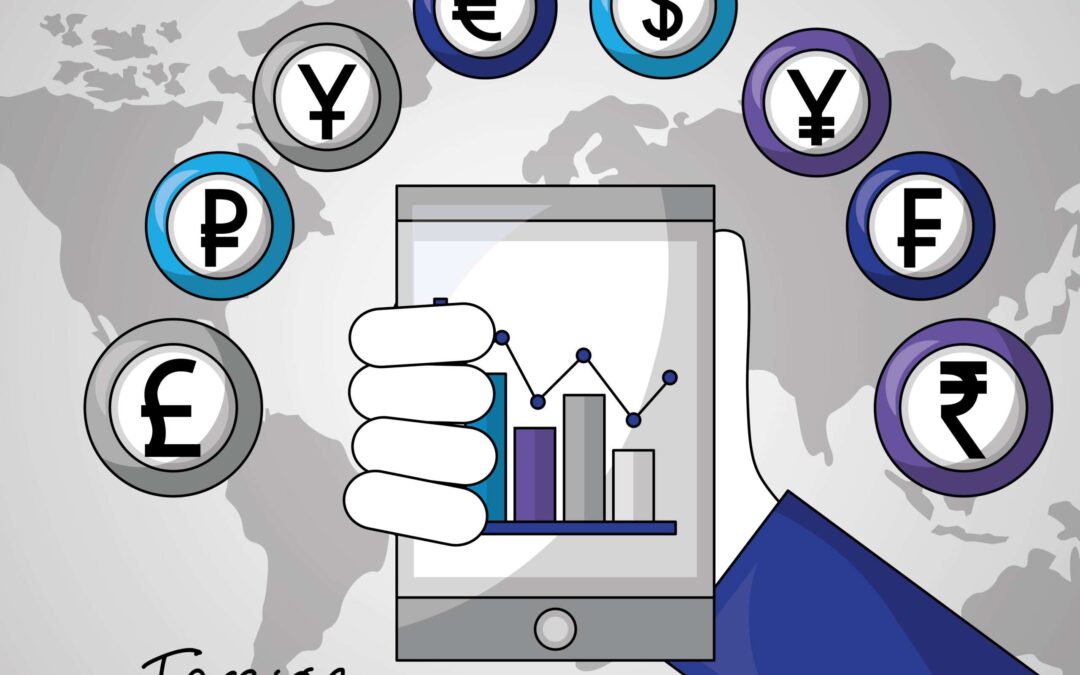Currency exchange rates are a crucial aspect of global finance and commerce. They influence international trade, tourism, and economies worldwide, and India is no exception. But do you know how these rates are determine in the country? This blog will walk you through the nuances of the same and how it affects foreign currency exchange operations. If you are from around the town and looking for the Money Exchange Services in Chandigarh, then this blog is specially for you.
Currency Exchange Rates: An Overview
Before delving into the specifics of the Indian scenario, it’s vital to understand what currency exchange rates are. The rates refer to the value of one country’s currency against another country’s currency. When you travel from one country to another, you’d need to ‘buy’ the local currency, and the rate at which your home currency is exchanged is the ‘exchange rate.’ The dynamic nature of the exchange rates presents opportunities and challenges for services like Money Exchange Chandigarh.
Flexible Exchange Rate System in India
India operates on a flexible exchange rate system, also known as a ‘managed float.’ This system allows demand and supply market forces to determine the exchange rate. However, the Reserve Bank of India (RBI) regularly intervenes to prevent excessive volatility. Let’s understand this in detail.
The Role of Demand and Supply

Like any other market, the foreign exchange market is driven by demand and supply. The value of the Indian Rupee against other currencies is determined primarily by the demand for the Rupee and its supply in the foreign exchange market.
For instance, when Indian companies buy goods from overseas, they demand foreign currency, increasing its value against the Rupee. Conversely, when foreigners buy Indian goods, they demand Rupees, bolstering its value—these transactions, among others, impact services.
Intervention by The Reserve Bank of India
While the market forces play their role, the Reserve Bank of India (RBI) ensures that the Rupee does not become too volatile. This intervention is essential for maintaining economic stability. The RBI buys or sells foreign currency, primarily US dollars, to influence the Rupee’s value. This ‘managed float‘ system gives the RBI a significant role in the foreign exchange market, impacting the rates offered by services like Money Exchange services in India.
Other Influencing Factors
Beyond supply and demand dynamics and RBI interventions, several other factors also impact the exchange rate, including inflation rates, interest rates, political stability, economic performance, and speculations.
Inflation and Interest Rates
A country with a consistently lower inflation rate typically exhibits a rising currency value as its purchasing power increases relative to other currencies. Meanwhile, interest, inflation, and exchange rates are all highly correlated. By manipulating interest rates, central banks exert influence over both inflation and exchange rates and, consequently, over currency exchange services.
Political Stability and Economic Performance

The political stability and economic performance of a country also affect exchange rates. Foreign investors inevitably seek out stable countries with strong economic performance in which to invest their capital. An increase in foreign capital, in turn, leads to an appreciation in the value of its domestic currency.
Market Speculation

If a country’s economic fundamentals are expected to improve, investors might decide to invest more in that country’s currency, causing it to appreciate. Market speculation can create a significant impact on the currency exchange rate.
Consequences of Currency Exchange
Currency exchange is an essential facet of global economic activities. It’s a mechanism that enables global trade, tourism, remittances, and investments. While the convenience it brings cannot be overstated, there are some consequences that users of online money transfer services like Send Money Online Services should be aware of.
Fluctuating Exchange Rates

Exchange rates are constantly in flux due to factors such as inflation, interest rates, political stability, and economic performance. For users of Send Money Online, the value of the currency being sent can change from one minute to the next.
While minor fluctuations may not significantly impact small transactions, they can make a substantial difference when transferring more significant amounts. For instance, if you’re sending money overseas for a property purchase, a slight shift in the exchange rate can change the final purchase price by thousands.
Transaction Costs
Currency exchange typically comes with associated costs, impacting the final amount sent or received. These can be a direct fee, a percentage of the transaction, or a hidden cost baked into the exchange rate offered.
It’s essential to be aware of these costs and to consider them when comparing rates across different providers. Transparent service providers will disclose all fees upfront, allowing users to make an informed decision.
Currency Risk
The volatility of currency exchange rates can pose a risk to Send or Receive Money Online. Suppose you’re sending money overseas regularly, perhaps to maintain dependents or pay international school fees. In that case, fluctuations in the exchange rate can significantly impact the Indian Rupee’s value over time.
To mitigate this risk, some people use hedging options like forward contracts, where they lock in a favorable exchange rate for future transactions. While this may not always be possible with all online transfer services, it’s a strategy worth considering.
Effect on Global Remittances
Global remittances represent a significant flow of money between countries, typically sent by immigrants back to their home countries. For instance- Sending or Receive Money Online can significantly affect currency exchange rates remittance.
The exchange rate at the time of sending money determines how much money the recipient will receive. A strong home currency means more money can be sent back home, but if the home currency weakens, the recipient might receive less than anticipated. This can make a huge difference for families depending on these funds for their livelihood.
Business Transactions

Businesses engaging in international transactions are significantly affected by exchange rates. Companies that import materials or export goods can see their profit margins shrink or grow depending on the strength of their domestic currency.
These rates also influence investors. If an investor from India wants to invest in US stocks, for example, they would need to consider the exchange rate between the Indian Rupee and the US Dollar. Currency appreciation or depreciation can lead to significant gains or losses in foreign investments.
Final Prompt
Determining currency exchange rates is a complex process, influenced by numerous interrelated factors. As India continues to grow and evolve economically, the dynamics of these rates are bound to change, creating new challenges and opportunities for foreign exchange services like Money Exchange Chandigarh. Stay updated with these trends to make the most of your currency exchanges.


